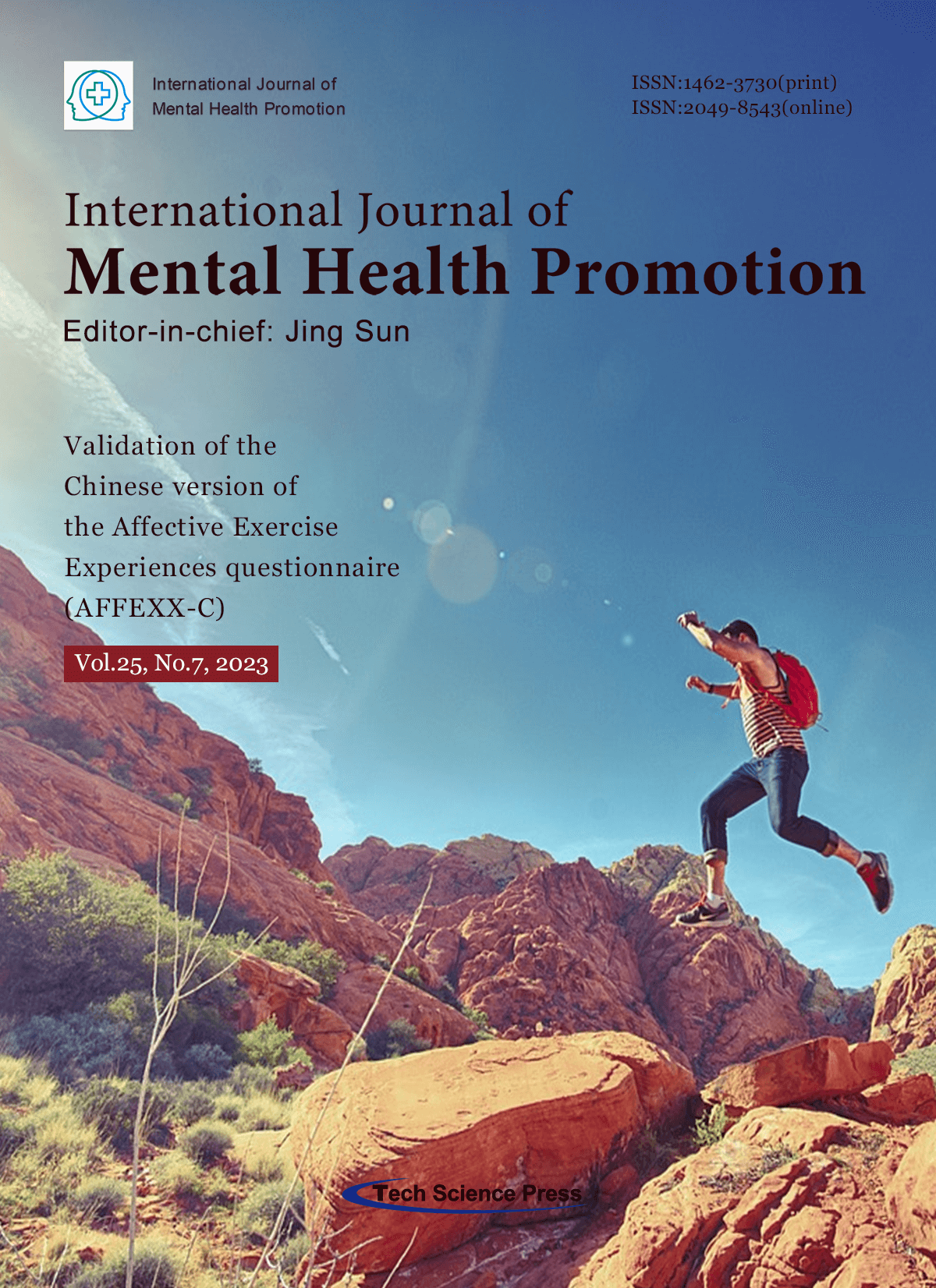
Despite the well-established benefits of regular physical activity (PA) on health, a large proportion of the world population does not achieve the recommended level of regular PA. Although affective experiences toward PA may play a key role to foster a sustained engagement in PA, they have been largely overlooked and crudely measured in the existing studies. To address this shortcoming, the Affective Exercise Experiences (AFFEXX) questionnaire has been developed to measure such experiences. Specifically, this questionnaire was developped to assess the following three domains: antecedent appraisals (e.g., liking vs. disliking exercise in groups), core affective exercise experiences (i.e., pleasure vs. displeasure, energy vs. tiredness, and calmness vs. tension), and exercise motivation (i.e., attraction vs. antipathy toward exercise). The current study aimed to validate a Chinese version of the AFFEXX questionnaire (AFFEXX-C). In study 1, 722 Chinese college students provided data for analyses of factorial, convergent, discriminant, criterion validity, and testretest reliability of the AFFEXX-C. In addition, 1,300 college students were recruited in study 2 to further validate its structural model. Results showed that the AFFEXX-C demonstrates a good fit and reliability. Additionally, results further supported the hypothesized model based on previous research: antecedent appraisals predicted core affective exercise experiences, which in turn predicted attraction-antipathy toward physical exercise. The AFFEXX-C was found to be a reliable and valid measure of affective exercise experiences in a population of Chinese college students.
View this paper